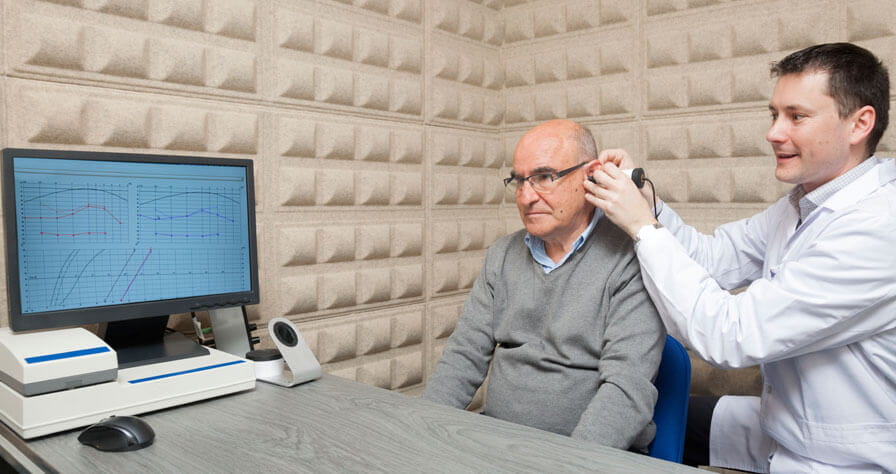Benefits of Walking

If you promised yourself you would be more active this year, but are slow getting started, it’s time to lace up those sneakers and start walking.
Many eager exercisers get bogged down in the logistics of joining a gym, finding a fitness class or stressing about the intensity of their workout. But research shows that a brisk walk can be as effective as running at putting you on the road to better health.
Walking is one of the easiest and least expensive ways to be physically active. It doesn’t require any special equipment — just sturdy, supportive shoes — and can be done almost anytime, anywhere. And, walking is gentle on the muscles and joints, with a lower injury rate than many other types of exercise.
Here are five great reasons to start walking today:
- It’s energizing. A daily walk gives you more energy, raising your metabolism and helping your body burn calories.
- It’s a mood-booster. Walking reduces stress by releasing natural chemicals that restore your body to its normal balance.
- It keeps you healthy. Walking strengthens your immune system and helps combat high blood pressure, heart disease, high cholesterol and Type 2 diabetes.
- It helps you stay strong. Walking tones your muscles and strengthens your bones.
- It helps you stay young. Walking helps to slow the aging process by boosting your circulation, fighting osteoporosis, and improving your balance and coordination.
If you’re ready to start walking, make it fun by walking with a friend during your lunch break, taking your dog for a stroll after work or planning weekend walks at different parks or neighborhoods. If the weather is bad, walk inside a mall or around your workplace, or see if there’s a recreation center or church with an indoor walking track nearby.
According to the American Heart Association, even short, 10-minute walks can add up to help you reach a goal of 150 minutes or more of moderate-intensity physical activity per week. You may need to see your doctor before you start walking if: you haven’t been active in a while; you often feel faint, dizzy or breathless; or if you have health problems such as arthritis, heart trouble, diabetes or asthma.
Check out these tips for starting a walking routine from the American Heart Association.



